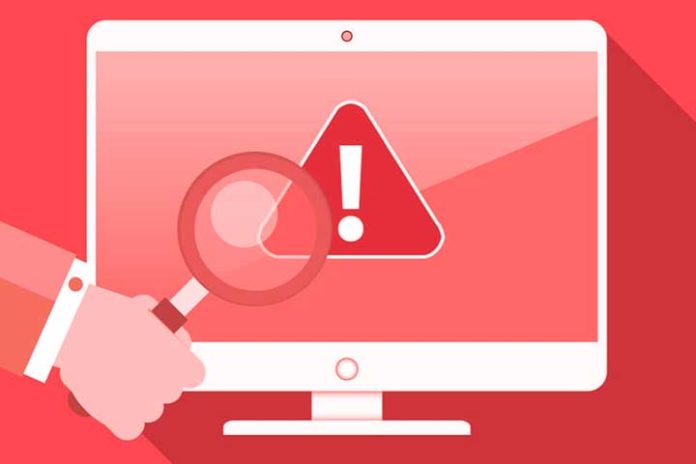Today, any company can be affected by an exploit. If you want to know what it is, in the following guide, we will tell you everything about this type of virus, how they affect a company, and how to protect yourself. Find out!
What is an Exploit?
An exploit is a common type of virus that stalks many users. We are dealing with a code that takes advantage of a vulnerability in a system or software to execute behaviour that is not desired by the developers subsequently.
Aside from misuse, exploitation is also used in the computer security industry to test the security of systems and demonstrate the presence of vulnerabilities that need to be corrected. It is a way of anticipating that something bad has happened, trying to test the systems well, fail-safe, and hacking.
For example, a hacker can use an exploit to take control of a computer, steal information, or perform other types of malicious activities. It can become very dangerous if used for malicious purposes. Although from the point of view of cybersecurity, as we told you, using it also allows vulnerabilities to be corrected before hackers themselves exploit them.
Also Read: Main Safety Tips For Teleworking
What kind of viruses are they?
An exploit is like malicious code, a type of cyberattack that takes advantage of weaknesses in the system to gain unauthorized access or run a virus. So it is a mechanism to spread a virus in the system.
Exploit Types
It is important to know its types to understand better how it works. The main ones are the following:
- Remote Code Execution Exploits: These types of exploits take advantage of certain vulnerabilities in software to execute malicious code remotely. That is, an attacker can take control of a computer system without physical access. It does it directly online through the exploit it has created.
- Elevation of Privilege Exploits: These are lesser-known but more dangerous types for businesses. As you can imagine from their name, they allow attackers to gain higher user permissions than they should have, allowing them to perform actions they couldn’t otherwise.
- Denial of Service Exploits: These exploits are used to overload a service or system and make it inaccessible to legitimate users.
- Code Injection Exploits: This other type aims to insert malicious code into web applications and systems to gain unauthorized access to data and systems.
- Phishing exploits: are those that are used to try to teach the user and that they provide personal or financial information—for example, passwords, credit card details, etc.
How can they affect a company?
An exploit can be fatal for a company, especially if unprepared.
- Information theft: First, it could lead to major information theft, which can cause many problems for the company and even financial loss.
- Access to private information: entering without permission to read private information can also compromise the company since it would have to answer to its customers for what happened.
- Order Execution: At any time, the attacker can be in control and execute orders in the name of the company. Causing significant damage and is often difficult to repair.
One of the main problems a company that is attacked with an exploit faces is how it affects the levels of privileges. Normally, there are roles in a company, and each one has certain privileges. The problem is that the hacker could get the maximum and do very serious damage.
This is the type known as an elevation of privilege exploits. It is very dangerous, and through it, the attacker obtains the highest possible permissions to carry out more decisive actions for the company.
How to protect yourself against Exploits?
Undoubtedly, the unknown is always scary and is a risk that companies and users have. Let’s say the exploits are there. However, you can try to protect yourself to stay one step ahead of the attacker.
What ways are there to protect yourself? Mainly the following:
- Antivirus: an updated antivirus will always help you against new exploits and viruses that enter your computer because it will notify you, and you can take action.
- Backups: One of the big problems with the exploit is if the information is stolen. But it would not affect you so much if you had a good backup. This way, all your information would remain intact regardless of what happens.
Also Read: Ten Cybersecurity Tips That Every Company Should Give Its Employees

